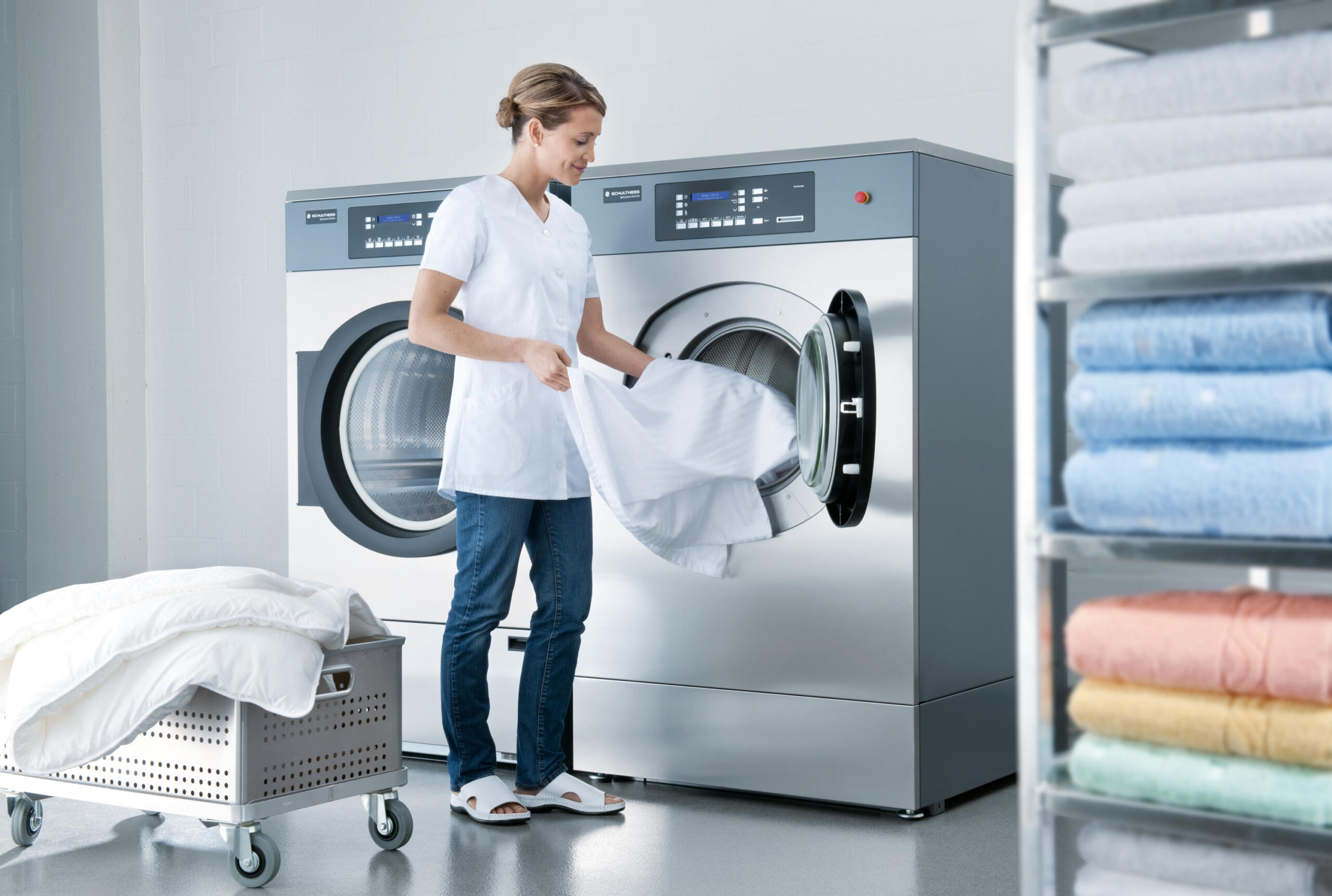Incubation is one of the most critical processes in poultry farming, particularly when it comes to hatcher machines and hatching machines. These machines ensure the controlled environment necessary for eggs to hatch successfully, making them indispensable for both small and large-scale poultry farms. In this article, we will explore the science behind incubator machines, focusing on their functions, types, and the factors that influence their effectiveness.
What is an Incubator Machine?
An incubator machine, commonly known as a hatching machine, is a device that simulates the natural conditions required for eggs to hatch. It provides a stable environment, ensuring that the temperature, humidity, and ventilation are precisely controlled. This enables the embryo inside the egg to develop properly until it is ready to hatch.
In poultry farming, hatcher machines are used to hatch eggs in a more controlled and efficient manner than traditional methods, which often rely on hens sitting on their eggs. With the use of hatching machines, farmers can increase hatch rates, reduce labor costs, and improve the overall efficiency of their operations.
How Do Hatcher Machines Work?
The working principle behind incubator machines is simple yet effective. These machines regulate three key factors for successful hatching: temperature, humidity, and air circulation.
- Temperature Control:
The optimal temperature for most poultry eggs is between 99.5°F (37.5°C) and 100.5°F (38°C). Incubator machines are equipped with thermostats to maintain a consistent temperature within this range. Fluctuations in temperature can negatively affect the development of the embryo, leading to poor hatch rates.
- Humidity Regulation:
Humidity plays a vital role in the development of the embryo. If the humidity is too low, the eggs will dry out, while high humidity can cause the eggs to become too moist. Hatching machines are equipped with humidifiers or water trays to maintain the right humidity level, typically between 55% and 65% for most poultry eggs.
- Ventilation and Airflow:
Oxygen is essential for the development of the embryo, and carbon dioxide must be expelled from the incubator. Hatcher machines feature built-in fans or ventilation systems to provide proper airflow and ensure that oxygen levels remain adequate for the eggs.
Types of Incubator Machines
There are different types of incubator machines available on the market, each designed to meet specific needs. These include:
- Still Air Incubators:
These are the simplest and most basic type of incubator, where the air inside the chamber is still, with no fans to circulate it. Hatching machines of this type are typically used for small-scale operations or hobbyists.
- Forced-Air Incubators:
Unlike still air incubators, forced-air incubator machines come with a fan that circulates the air inside. This ensures more even distribution of temperature and humidity throughout the incubator, making it more efficient for larger-scale operations.
- Automatic Incubators:
These hatching machines come with built-in systems that automatically control temperature, humidity, and egg turning. They are ideal for large-scale operations, as they reduce the need for manual intervention, ensuring more consistent results.
- Manual Incubators:
These are basic, non-automatic incubator machines that require manual temperature and humidity adjustments. While they are less convenient than automatic models, they are often more affordable and suitable for small-scale or budget-conscious farmers.
Factors Affecting the Performance of Hatcher Machines
To maximize the effectiveness of incubator machines, several factors need to be considered:
- Egg Quality:
The quality of the eggs being placed in the hatching machine plays a crucial role in determining hatch rates. Eggs that are cracked, dirty, or improperly stored may have lower hatchability, regardless of the machine’s performance.
- Correct Placement:
Proper placement of eggs inside the incubator machine is important for ensuring even heat distribution. Most hatching machines have racks or trays designed to hold the eggs in a stable position, preventing them from rolling or shifting.
- Maintenance:
Regular maintenance is key to ensuring that hatching machines perform at their best. Cleanliness, fan maintenance, and calibration of temperature and humidity controls should be checked frequently to prevent issues.
- Environmental Conditions:
The environment surrounding the incubator machine can affect its performance. Ideally, the incubator should be placed in a room with stable temperatures and low humidity. External factors like drafts, sunlight, or heat sources should be avoided.
Benefits of Using Hatching Machines
There are numerous advantages to using hatcher machines for egg incubation, especially in commercial poultry farming:
- Increased Hatch Rates:
One of the primary benefits of incubator machines is their ability to maintain a consistent and controlled environment. This leads to higher hatch rates compared to traditional methods.
- Cost-Effectiveness:
While the initial cost of hatching machines can be significant, they can save money in the long run by reducing the labor required for egg care and improving the overall efficiency of the hatching process.
- Reduced Labor and Time:
Incubator machines allow for automatic monitoring and regulation of temperature, humidity, and ventilation. This reduces the amount of manual work needed, freeing up time for other tasks.
- Scalability:
Hatcher machines are scalable, meaning that farmers can adjust their operations as needed. From small-scale setups with a few eggs to large commercial hatcheries, incubator machines can be adapted to meet the demands of any operation.
Common Problems with Hatching Machines
While incubator machines are highly effective, they are not without their challenges. Common issues include:
- Temperature Fluctuations:
Despite their advanced technology, hatcher machines can experience temperature fluctuations, which can negatively impact hatch rates. This is why it’s essential to monitor the machine regularly to ensure the conditions remain optimal.
- Humidity Imbalances:
Maintaining the correct humidity levels can be tricky, especially if the machine’s humidification system malfunctions. Too much or too little humidity can lead to poor hatchability or deformed chicks.
- Power Failures:
Power outages can cause significant disruptions to the incubation process. Hatcher machines are highly sensitive to changes in temperature and humidity, and even a short period without power can affect hatch success.
- Egg Turning Mechanism Failure:
The turning of eggs is crucial for proper embryo development. If the egg turning mechanism fails, it can lead to poor hatchability or deformities in the chicks.
Conclusion
The use of hatcher machines and incubator machines has revolutionized the poultry industry by providing a controlled, efficient, and scalable way to hatch eggs. By understanding the science behind these machines and the factors that influence their performance, poultry farmers can significantly improve their hatch rates and overall farm productivity. Whether you’re a hobbyist or a large-scale poultry farm owner, investing in a reliable incubator machine is an important step toward successful hatching and a healthy flock.
Also Read
- ► Cable Price in Pakistan – High-Quality DC Solar Wires in Pakistan
- ► HIFU: A Revolutionary Anti-Aging Skin Treatment
- ► Pest Control and the Best Bed Bug Treatment for a Pest-Free Home
- ► Best Water Pump in Pakistan with HECO Motors
- ► Pest and Bed Bug Treatment Services for a Pest-Free Home
- ► Anti Social Social Club: The Ultimate Streetwear Phenomenon
- ► Trinkwasser Spender: Der einfache Weg zu gesundem Wasser im Alltag
- ► The Ultimate Guide to Straight Wigs: Styles, Care, and More
- ► What’s going on with the Indian School System?
- ► Top 11 a success enterprise ideas to start from Indian Villages & Smaller towns
- ► Figuring out the Science behind RO Innovation
- ► Indian School System: What Should be Changed for Quality Learning?
- ► Ideas are shared by great minds. Events are discussed by average minds. People are discussed by Small Minds.
- ► Eight maximum dangerous Android Apps You must no longer install in your smartphone
- ► Statistical surveying Procedures THAT Truly WORK





